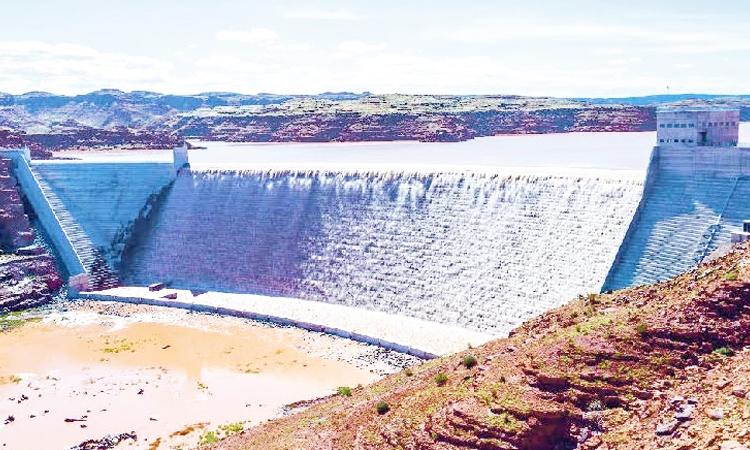Africa-Press – Namibia. THE Southern Traditional Communities’ Foundation has welcomed the allocation of N$2,4 billion for the second phase of the Neckartal irrigation project to alleviate unemployment among the youth in the //Kharas region.
Chairperson of the foundation Dawid Gertze spoke to The Namibian on Wednesday, saying the second phase will transform livelihoods.
“It renewed our hopes and aspirations for the advancement and transformation of the livelihoods of //Kharas region and Namibia in general. We look forward to a speedy implementation of the project,” said Gertze.
He said the foundation has noted the high youth unemployment and lack of opportunities, allegedly stemming from flawed and discriminating recruitment and employment processes by the government and private institutions.
The 2018 labour force survey showed that Namibia’s youth unemployment rate stood at 46,1%, with men at 43,7% and women at 48,5%.
“We demand that all government and private employers demonstrate fairness to all eligible candidates without any tribal or demographic bias and that all be treated with respect through a just process. If Namibia belongs to all, jobs should be made available to all in a just and transparent manner,” Gertze said.
While on a consultative tour of the //Kharas region last week, agriculture minister Calle Schlettwein told traditional leaders and other stakeholders that the first phase of the project is complete and the second phase will commence soon.
The Namibian reported that the Ministry of Agriculture, Water and Land Reform was allocated a total of N$2,4 billion in the 2023/24 financial year, a 22,1% increase from last year for the second phase of the project, which requires building canals, spill points, and booster pump stations.
The government has obtained irrigable land of approximately 4 250ha.
Schlettwein said the dam will increase economic growth and spin-offs for Keetmanshoop in terms of logistics, packaging and storage.
“[There should be] increased productive capacity and export earnings from high-value crops and fruits, greater inclusivity, job creation, income, and about 1 000 temporary jobs during the construction stage.
“The project will create about 12 600 permanent and seasonal jobs for envisaged irrigation schemes,” said Schlettwein.
Earlier this year, //Kharas Regional Council chairperson Joseph Isaaks expressed dismay at the low employment numbers of indigenous people in the fishing and mining sectors in //Kharas region and said the council will seek employment equity.
The last population and housing census conducted in 2011 shows that agriculture, forestry and fishing were the main industries, providing 32,4% of jobs, followed by mining and quarrying with 8,9%. Wholesale and retail trade, as well as construction companies, each employed about 6% of the workforce.
“The council is seeking to make inroads in employment creation, housing opportunities, provision of tertiary education and strengthening communal farming,” said Isaaks.
//Kharas is an internationally recognised region with a thriving diverse mixed economy featuring agriculture, mining, and fishing. The region is also a high-end profitable tax-generating area, which predominantly comes from diamond mining.
For More News And Analysis About Namibia Follow Africa-Press






